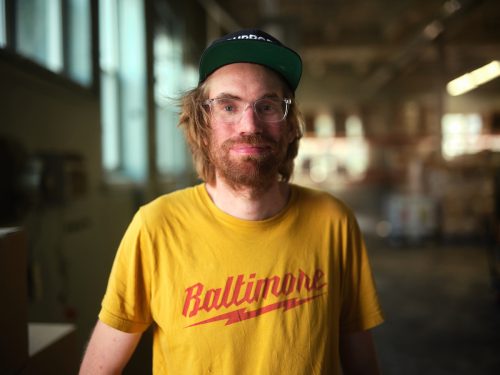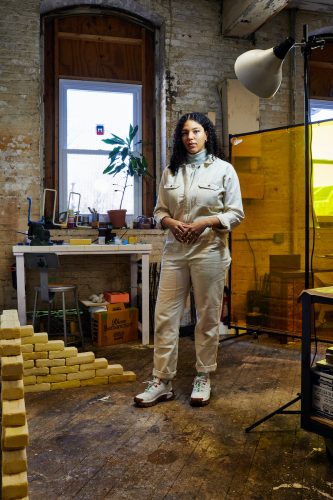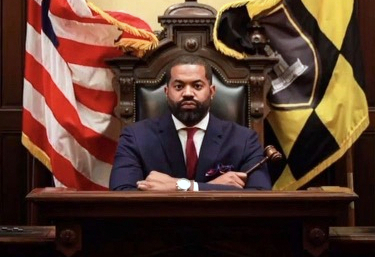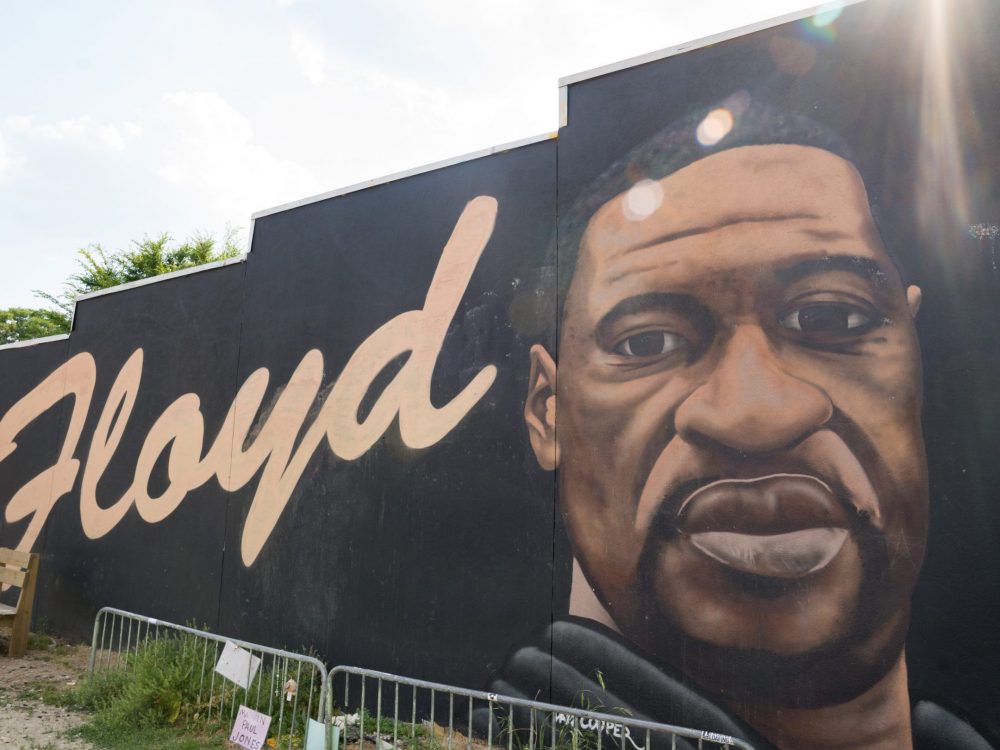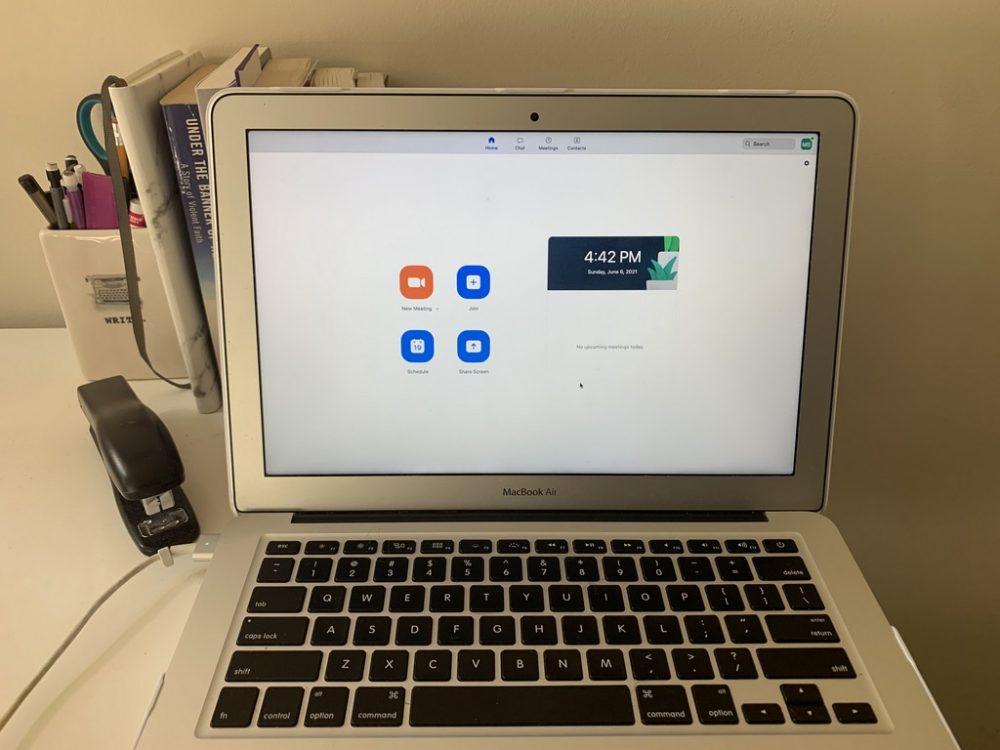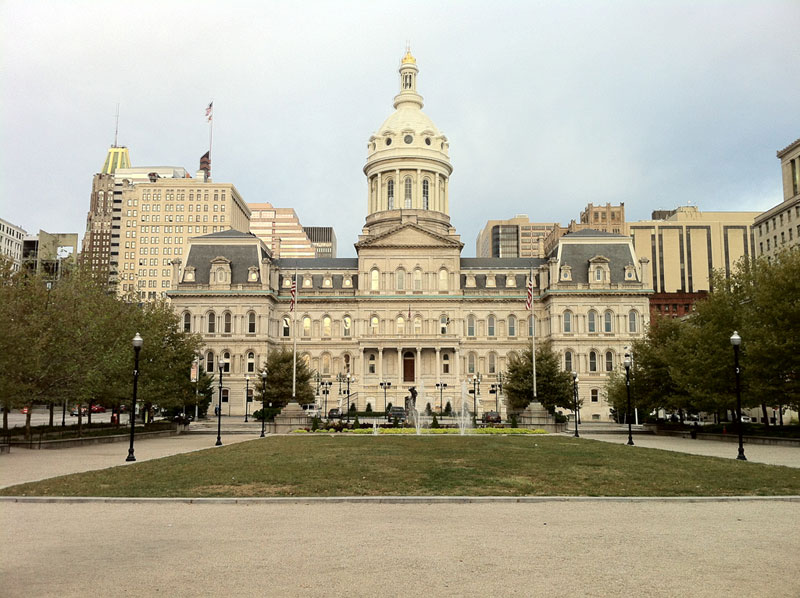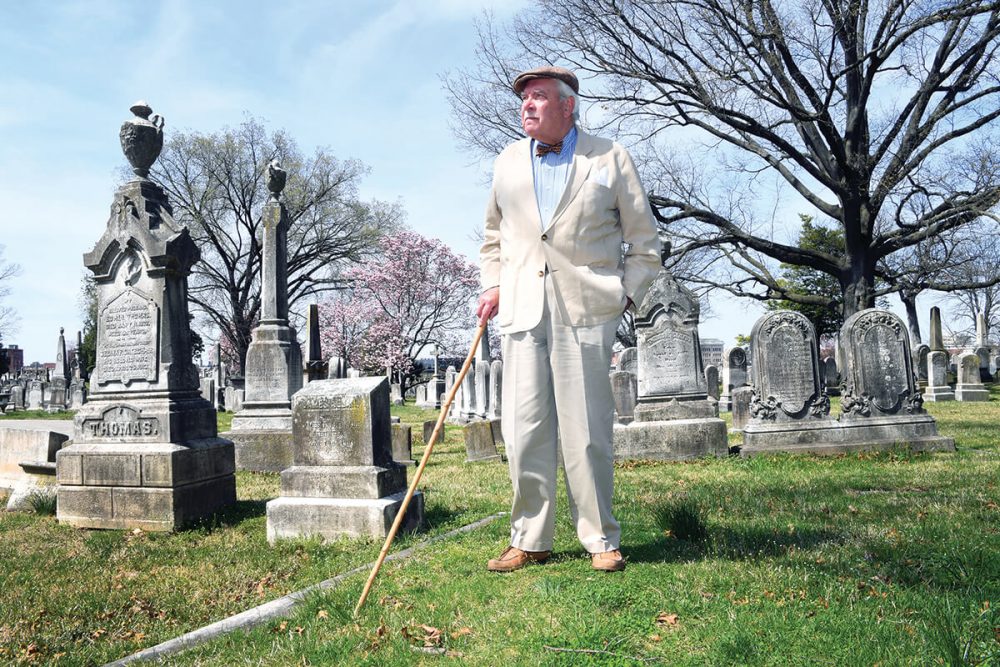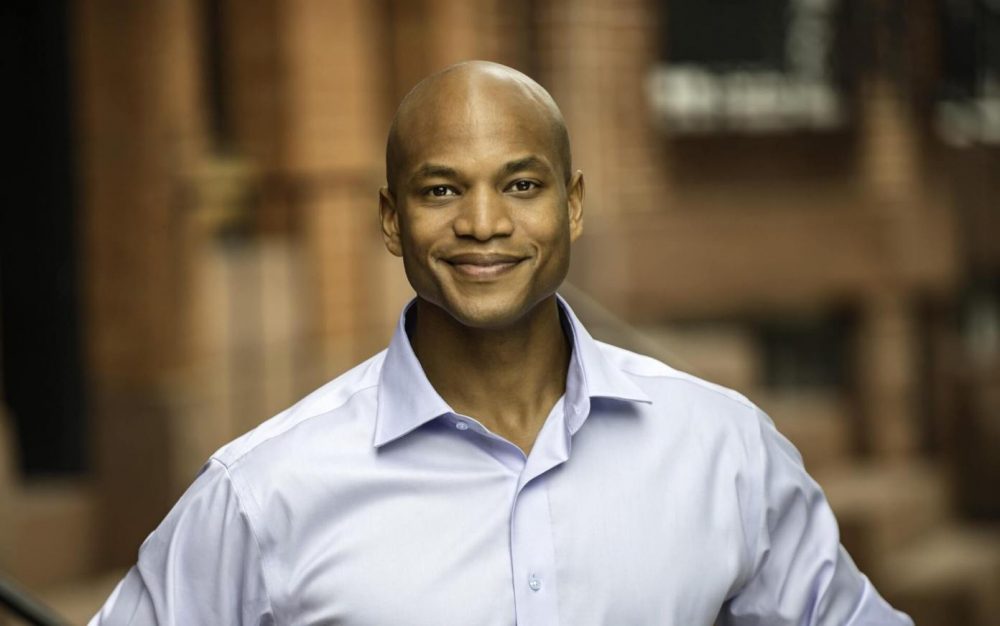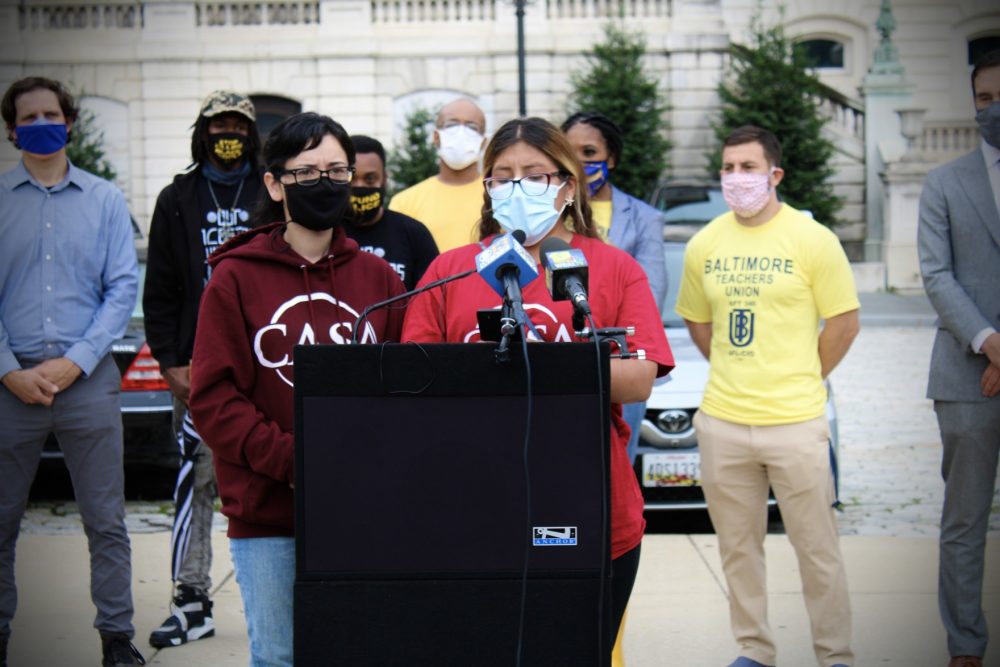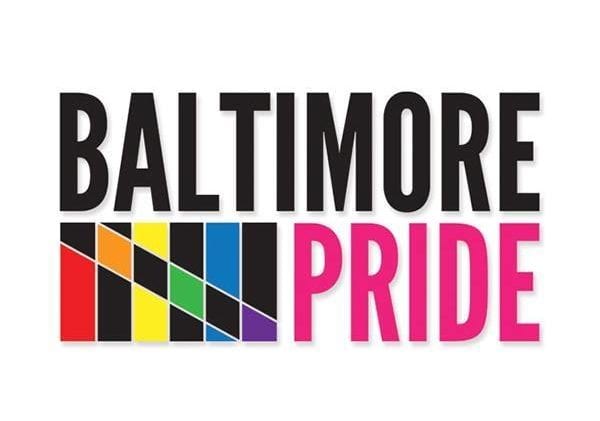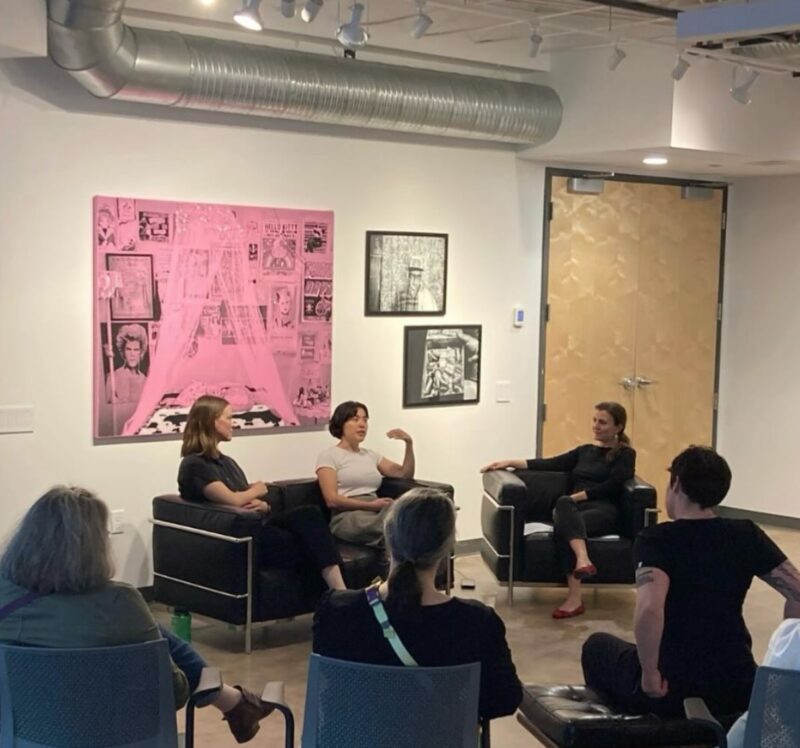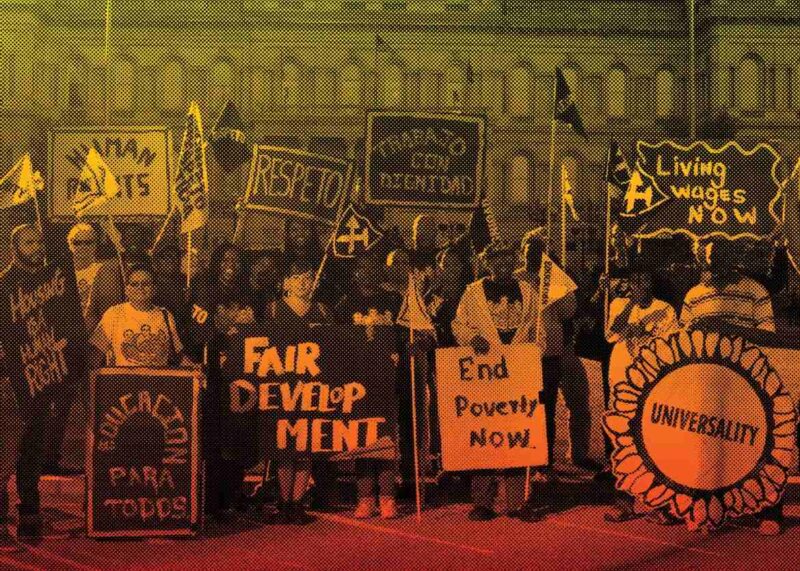Battleground Baltimore: What Does George Floyd Mean to Baltimore?
by Lisa Snowden-McCray and Brandon Soderberg
Published June 4 in The Real News Network
Excerpt: Although many Baltimore leaders are adept at paying lip service to the movement to protect Black lives, they still have a long way to go in their efforts to confront the systems that work together to kill Black people.
This was apparent in the way Baltimore’s Police Commissioner Michael Harrison and Mayor Brandon Scott marked the one year anniversary of George Floyd’s murder at the hands of former police officer Derek Chauvin.
On May 25, Commissioner Harrison told a group of residents and activists who gathered near Johns Hopkins University for the one year anniversary of George Floyd’s murder by police, that the Lord put him in Baltimore to make a difference.
“I’m here because I was called by God to be here.” Harris, who has been commissioner since 2019, told attendees.
At the event, Harrison, like a lot of officials all across the country, sought to make Floyd’s violent and public death the exception to policing rather than the rule. Harrison, a police veteran of 30 years, called Floyd’s death “a shock to the conscience.”
